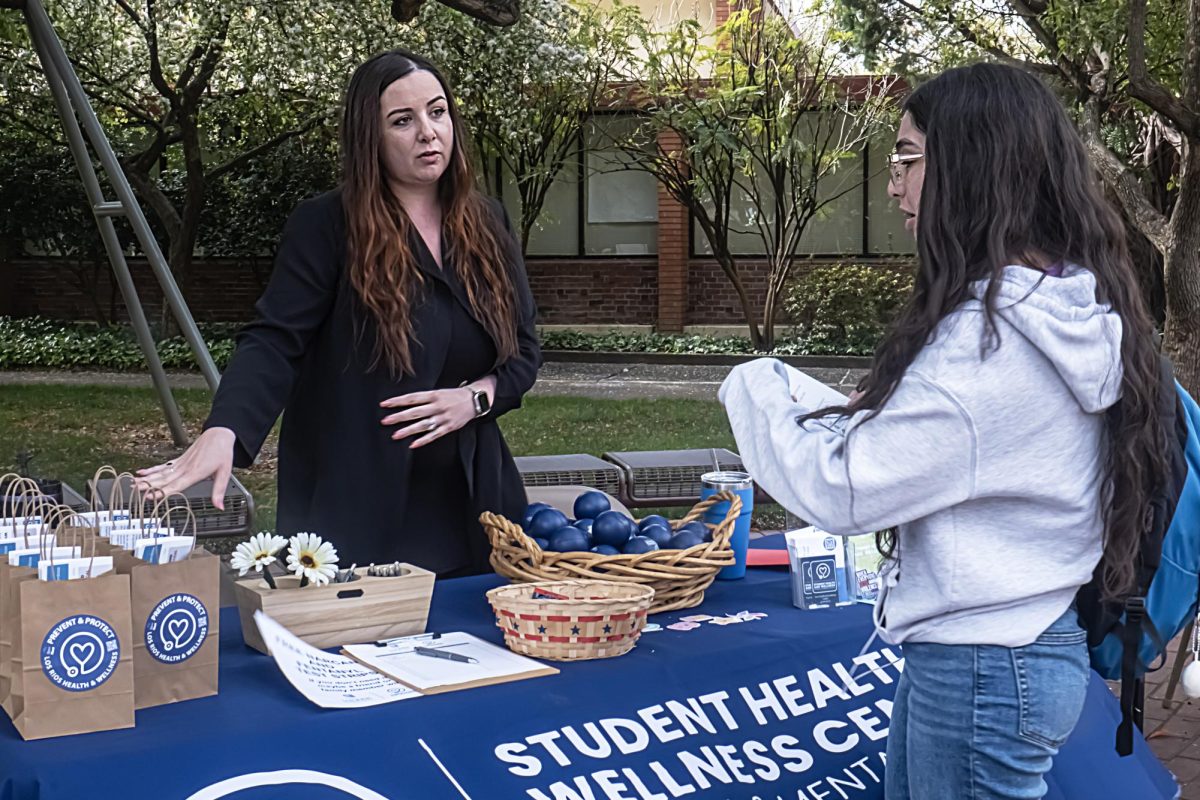
A revised version of the post-9/11 G.I. Bill known as “G.I. Bill 2.0” has pro-rated veterans’ benefits according to their enrollment status. Signed into law by President Obama in January of 2011, the policy was put into effect for the fall 2011 semester.
Previous provisions of the G.I. Bill, specifically Chapter 33, awarded veterans full benefit ts as long as they were enrolled in at least 7 units.
This proved beneficial for veterans suffering from Post Traumatic Stress Disorder and other service-related disabilities who struggle with anxiety and depression and may feel overwhelmed taking a full course load, according to Justin Turner, 26, a veteran and student clerk for Veteran’s Affairs.
“That worked out for a lot of returning soldiers with disabilities because 7 units is just above half time,” said Turner. “Unlike most disabilities, with veterans you can’t [always] see them; they are more mental like PTSD and TBI… [If] a veteran can’t take 12 units due to the fact they have a traumatic brain injury, they are going to be faulted and not paid their full stipend when they are taking 8 units [and] 8 units to them is full time.”
Dr. Gwyneth Tracy, coordinator for Disability Services and Programs for Students, said the federal financial aid program and G.I. Bill 2.0 seem to contradict the federal government’s support of the Americans with Disabilities Act.
“[Students with disabilities] who receive financial aid are under the same restrictions as all other students. The feds do not acknowledge disabilities as a reason to take fewer units, yet still be paid as though taking a full time load,” said Tracy.
“I do not understand why the feds, who support the Americans with Disabilities Act, don’t recognize the full impact of many disabilities when students are in college,” she said. “It is definitely a case of two agencies/departments not working together.”
Veteran Zach Pierce, 28, a nutrition major and President of the Veterans Club, said he was diagnosed with PTSD the summer before he started at City College in fall 2008.
“I took some easy classes, so I was ready, I had the right mindset I think… but it was definitely very overwhelming,” Pierce said. “PTSD is not this disorder that people have, and it’s all the same. It’s very reactionary and the littlest thing can set you off.”
Daniel Johnson, 26, a veteran and a network security major, said returning to college proved to be an easier transition for him than for other veterans close to him.
“I have a couple of friends that are pretty sketched out about school, because they are in a new environment now. It’s not following a rigorous schedule; it’s what you make of your own time,” said Johnson. “I have friends that say ‘I can’t believe they released me into the wild.’ Each veteran has his or her own unique type of PTSD and how they handle it or express it.”
Turner said many veterans have doctor’s notes advising them against additional stresses and overexertion.
“They have doctor’s notes, but there is nothing they can do,” Turner said. “It’s a federal law that they have to take 12 units to get paid. I feel it’s unfair that people with disabilities are held to a higher [criterion] than they may be able to handle.”
Tracy also believes that the new revision to the G.I. Bill seems unfair to veterans with disabilities. “If a veteran has any type of disability that might lead to anxiety and stress when undertaking a full course load, they should be supported to take a partial course load and maintain full benefi ts,” said Tracy.
“I have to agree with the veterans that this revised policy is unfair,” she said. ”I think some of the people at the top have forgotten the contribution the veterans have made, not only as military personnel contributing to the GI Bill, but also in terms of the sacrifice they have made for their country and now the life-long impact this has had on some of them.”
The pro-rating of benefits based on enrollment status is one of many changes to the original post 911 G.I Bill that, according to military.com, “comes with several trade-offs that some vets, and veterans program administrators, find hard to accept.” “Everyone keeps giving me the same answer,” Turner said. “‘It’s a federal thing; it’s above us,’ and I’m getting a little sick of that answer.”
For a full list of revisions visit: http://military-education.military.com/2011/01/president-signs-gi-bill-2-0/


























